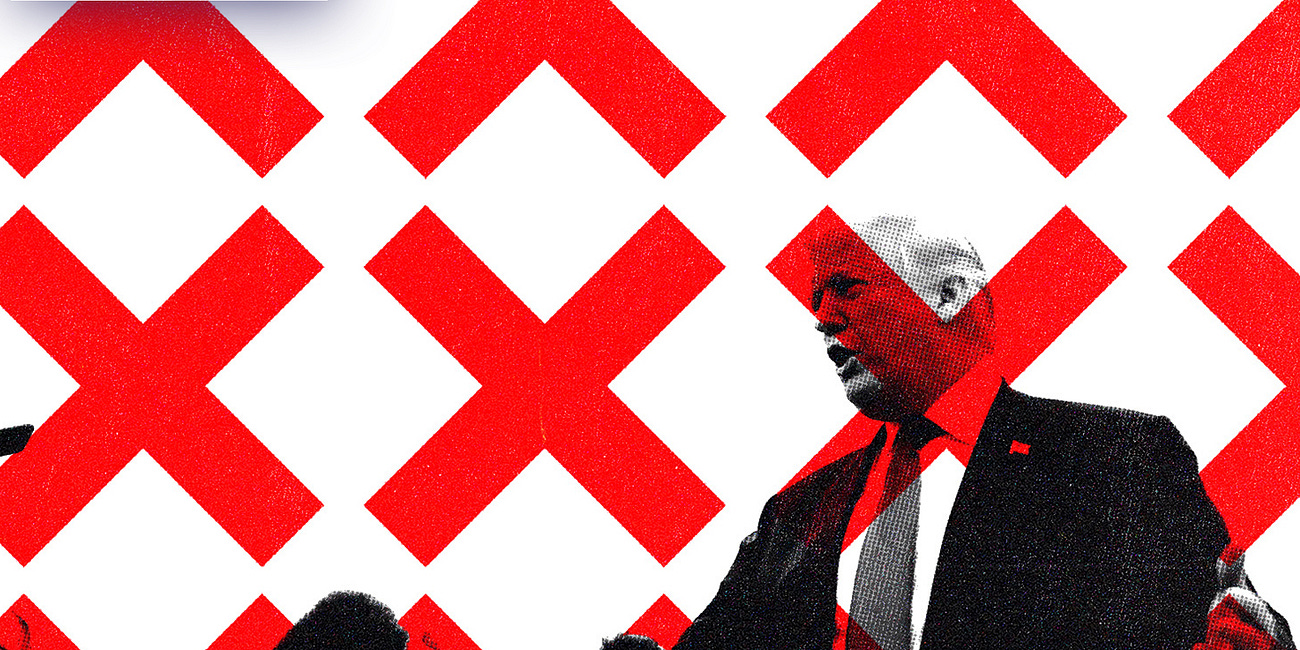Jerusalem Demsas is blunt about the project she’s building: The Argument is meant to make a “combative case for liberalism.” Not the Twitter version of liberalism, but the deeper tradition that stretches from John Stuart Mill to John Rawls — pluralism, individual rights, free enterprise, and the stubborn insistence that people should be free to live the lives they choose. What she sees rising in its place, from National Conservatism conferences to MAGA power brokers, is a post-liberal order that would strip away those freedoms under the guise of order. For her, that’s the real dividing line in American politics — not left versus right, but whether you still believe in liberal democracy at all.
That belief has to be lived as much as it’s theorized. A Robinson Meyer essay on the site urges people to stop being “rude with your smartphone,” because liberal society can’t function when everyone is atomized into screens. Jerusalem confesses that short-form video “was the first time I understood addiction,” losing hours to TikTok during lockdown in the pandemic and feeling hollow afterward. The tech economy thrives on attention hacks, but democratic life requires eye contact, boredom, and disagreement. “How do you have a deliberative society,” she asks, “When people can’t even read five seconds of an article without clicking away?”
That attention crisis flows directly into politics. Social media platforms amplify division until, as Jerusalem put it, “you feel so mad at someone who agrees with you 99%.” The left tears itself apart online while the right sells simple villains — immigrants, trans kids, criminals. Susan Demas noted that Trump’s arguments “may not be rooted in fact, but they resonate,” and Jerusalem agreed the danger is treating them as too stupid to answer. To write off voters’ perceptions as bigotry or ignorance is to cede the ground entirely. If democracy means living with disagreement, then persuasion has to start from the fears people actually carry, not the data we wish they’d absorb.
Housing exposes that tension better than almost anything else. Jerusalem bristles at scapegoating immigrants for the housing crisis, but she doesn’t dismiss the frustration behind it. “If you create scarcity,” she explains, “then new people become a problem.” That’s the trap: Local governments block housing, then pit residents against newcomers in a zero-sum fight. Liberal cities hang “Immigrants Welcome” signs while their zoning codes make it impossible to build homes those immigrants could live in. To Jerusalem, that’s not hypocrisy so much as blindness — a refusal to connect exclusionary policy to the resentment it breeds. Housing abundance, she argues, isn’t just economics; it’s the precondition for pluralism itself.
That’s where she locates the fight for liberal democracy: in the gap between abundance and scarcity, openness and fear. America has more iPhones than people but not enough affordable housing, more military power than anyone but less trust in institutions. Scarcity mindsets invite authoritarians to promise permanent victories, to lock down culture and politics so their side never loses again. The antidote is both structural and personal — reform zoning, regulate platforms, yes, but also put the phone down, sit through the boredom, and talk to the neighbor who disagrees. “Empathy and autocracy can’t mix,” as Tim Mak put it in another conversation on Lincoln Square Wednesday; Jerusalem echoes that with her own framework: Liberal democracy only survives if it makes room for disagreement without turning every election, every policy, into a total war.
Tune in for this rich conversation between Susan Demas and Jerusalem Demsas. And subscribe to The Argument below.
What Journalism Isn’t
Journalism isn’t the mere act of turning on the microphones and letting politicians talk.















